It's tax season and the question many people have as they start the tax return process, whether they do it themselves or higher a tax preparer, is whether they'll receive a tax refund or owe more taxes when all is said and done. And sometimes when you owe more taxes it could be a surprise how much more you owe. Quite frankly, for some, it could be a shock. If that happens to you, don't panic. Here are some things you can do to help bring that hefty tax bill down.
Step 1: Check for Errors
First, go through your return and make sure you didn't make a mistake. If you used tax software, it checks the math based on what you entered but doesn't know if you entered the right numbers. Common errors include entering a number wrong, adding an extra zero, or entering the same income in two different places.
The best place to start when looking for errors is to go line by line comparing this year's return to last year's return. Of course, some of the numbers will be slightly different, but the differences should match your raise, reduction in hours, or other life changes. If anything doesn't match up, take a closer look.
Step 2: Max Out Your Retirement Accounts
If you have money in the bank and just don't want to give it to the IRS, upping your retirement savings could be a solution. Don't forget that you can still open and contribute to an IRA up until the filing deadline. For the 2022 tax year, that deadline is April 18, 2023. The deduction you receive will reduce what you owe. If you already filed without maxing out your retirement accounts, don't worry. You can still amend your return as long as you make your contributions in time.
Step 3: Check for Other Deductions and Credits
Go back and look for any other deductions and credits you might have missed. This could include things like business expenses, energy-efficiency upgrades, child credits, and more.
If you used tax software, the questions are sometimes confusing or buried, so you might have accidentally skipped over a deduction or credit. The best thing to do is research if there are deductions or credits for any large expenses you had throughout the year that you think might possibly come with tax incentives.
If you used a professional tax preparer or CPA, let them know you're surprised by the amount you owe and would like to check again if there are any other deductions or credits you're eligible for.
Step 4: File Your Tax Return Anyway
Don't skip filing your tax return because you can't pay. There are separate and larger penalties for failing to file a return. This includes automatic monetary penalties for late filing as well as the possibility of the IRS thinking you were trying to evade taxes because you couldn't pay what you owe.
Step 5: Request a Payment Plan
If you can't pay your tax bill in full, pay what you can. Late payment penalties are based on your outstanding balance, not your original tax bill. Just like paying off a loan, the more and earlier you pay, the less you pay in interest and penalties.
If all else fails, you can request an Installment Agreement from the IRS. This is a payment plan where you make monthly payments with slightly lower penalties than if you just didn't pay. The other advantage is that if you make your payments on time, the IRS won't keep sending you threatening letters or file a tax lien.
Need help figuring out how to pay this year's taxes or how to reduce your future taxes? Escient Financial includes tax planning with its Comprehensive Financial Planning service. Feel free to...
This content is developed from sources believed to be providing accurate information. The information in this material is not intended as investment, tax, or legal advice. It may not be used for the purpose of avoiding any federal tax penalties. Please consult legal or tax professionals for specific information regarding your individual situation. The opinions expressed and material provided are for general information, and should not be considered a solicitation for the purchase or sale of any security. Digital assets and cryptocurrencies are highly volatile and could present an increased risk to an investors portfolio. The future of digital assets and cryptocurrencies is uncertain and highly speculative and should be considered only by investors willing and able to take on the risk and potentially endure substantial loss. Nothing in this content is to be considered advice to purchase or invest in digital assets or cryptocurrencies.
Enjoying Escient Financial’s Insights?
The weekly newsletter is usually delivered to your email inbox Friday or Saturday, and includes:
- the latest Escient Financial Insights articles
- a brief of the week's important news regarding the markets
- recommended third-party reads
- selected Picture of the Week
Escient Financial does NOT sell subscriber information. Your name, email address, and phone number will be kept private.
















